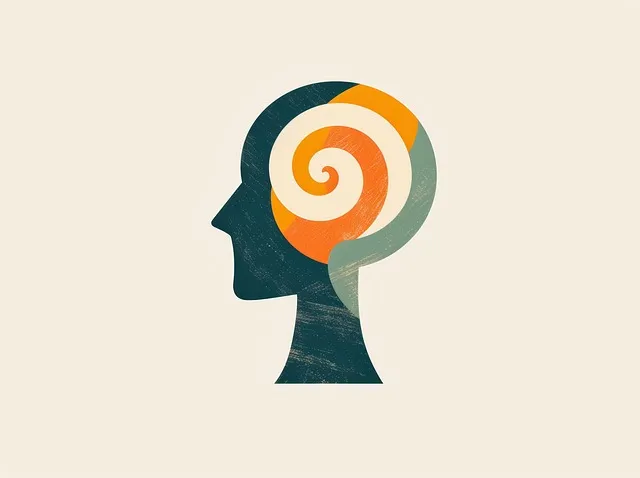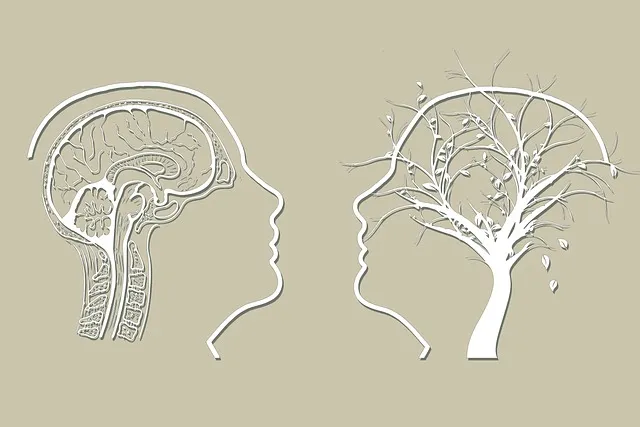Chronic stress, a significant public health concern, can lead to mental and physical health issues. The Kaiser Permanente behavioral health center in Lone Tree addresses this by offering evidence-based treatments like Cognitive Behavioral Therapy (CBT) for negative thought patterns and mindfulness techniques for daily stress management. They also emphasize lifestyle changes such as diet, exercise, and sleep hygiene, crucial for well-being and conflict resolution skills, making the center a comprehensive resource for stress management at every level.
Stress reduction is a vital aspect of maintaining optimal mind-body balance. This comprehensive guide explores effective methods to combat stress, drawing insights from the expertise of Kaiser Permanente Lone Tree’s behavioral health center. We delve into cognitive behavioral therapy (CBT), mindfulness practices, and lifestyle adjustments like nutrition, exercise, and sleep, offering practical strategies for managing daily stressors holistically. Discover how these evidence-based approaches can transform your well-being.
- Understanding Stress: The Impact on Mind and Body
- Cognitive Behavioral Therapy (CBT): A Evidence-Based Approach at Kaiser Permanente Lone Tree
- Mindfulness Techniques for Daily Stress Management
- Lifestyle Changes: Nutrition, Exercise, and Sleep for Reduced Stress Levels
Understanding Stress: The Impact on Mind and Body

Stress is a natural response that every individual experiences at some point, but when it becomes chronic, it can significantly impact both mental and physical health. The mind-body connection plays a crucial role in understanding this effect. When faced with stressful situations, the brain triggers a series of chemical reactions, releasing hormones like cortisol and adrenaline, which prepare the body for what’s known as ‘fight or flight’ response. This biological mechanism is essential for short-term stress management, helping us respond quickly to potential dangers.
However, prolonged exposure to stress without effective coping mechanisms can lead to various health issues. It may contribute to anxiety disorders, depression, heart disease, and even weakened immune systems. At the Kaiser Permanente behavioral health center Lone Tree, professionals emphasize that recognizing these impacts is the first step towards managing stress effectively. By understanding the body’s reaction and implementing appropriate mood management techniques, conflict resolution strategies, and risk management planning, individuals can take control of their mental well-being.
Cognitive Behavioral Therapy (CBT): A Evidence-Based Approach at Kaiser Permanente Lone Tree

Cognitive Behavioral Therapy (CBT) is a highly effective and evidence-based approach to stress reduction, offered at the Kaiser Permanente Lone Tree behavioral health center. This therapy focuses on identifying and changing negative thought patterns and behaviors that contribute to stress and anxiety. By enhancing self-awareness exercises and teaching conflict resolution techniques, CBT empowers individuals to manage their emotions more effectively. Through this process, patients can develop healthier coping mechanisms and improve their overall well-being, making it a popular choice for those seeking emotional healing processes at the Kaiser Permanente Lone Tree center.
Mindfulness Techniques for Daily Stress Management

Mindfulness techniques have emerged as powerful tools for managing daily stress, and they’re readily accessible to everyone. At the Kaiser Permanente behavioral health center in Lone Tree, experts emphasize the benefits of practices like meditation and deep breathing exercises. Incorporating these into your routine can help you stay grounded in the present moment, reducing anxiety and promoting a sense of calm.
By fostering self-esteem improvement and enhancing social skills through training, mindfulness also strengthens your resilience to stress triggers. Moreover, crisis intervention guidance offered by these centers ensures that individuals have access to immediate support when needed. Through regular practice, mindfulness becomes an effective strategy not just for managing everyday stressors, but also for cultivating a deeper sense of well-being.
Lifestyle Changes: Nutrition, Exercise, and Sleep for Reduced Stress Levels

Making lifestyle changes can significantly reduce stress levels, and the Kaiser Permanente behavioral health center Lone Tree offers valuable insights in this regard. Proper nutrition is a cornerstone; incorporating more fruits, vegetables, whole grains, and lean proteins into your diet supports not just physical health but also mental resilience. A balanced meal plan, coupled with regular exercise, further enhances stress reduction. Aim for at least 150 minutes of moderate aerobic activity or 75 minutes of vigorous exercise each week to boost mood-regulating endorphins.
Quality sleep is another vital component. Adequate rest allows the body and mind to recover from daily stressors. Healthcare providers, in particular, can benefit from prioritizing burnout prevention strategies by ensuring they get enough sleep. Along with nutrition and exercise, practicing good sleep hygiene, such as maintaining a consistent sleep schedule and creating a relaxing bedtime routine, can foster self-esteem improvement and effective conflict resolution techniques, contributing to an overall healthier lifestyle.
Stress reduction is a holistic process that involves understanding, managing, and transforming one’s response to stress. By incorporating evidence-based methods like Cognitive Behavioral Therapy (CBT) at Kaiser Permanente Lone Tree’s behavioral health center, mindfulness techniques, and lifestyle changes such as nutrition, exercise, and sleep, individuals can effectively navigate life’s challenges. These integrated approaches empower people to create a balanced and healthy life, fostering resilience in the face of stress.






